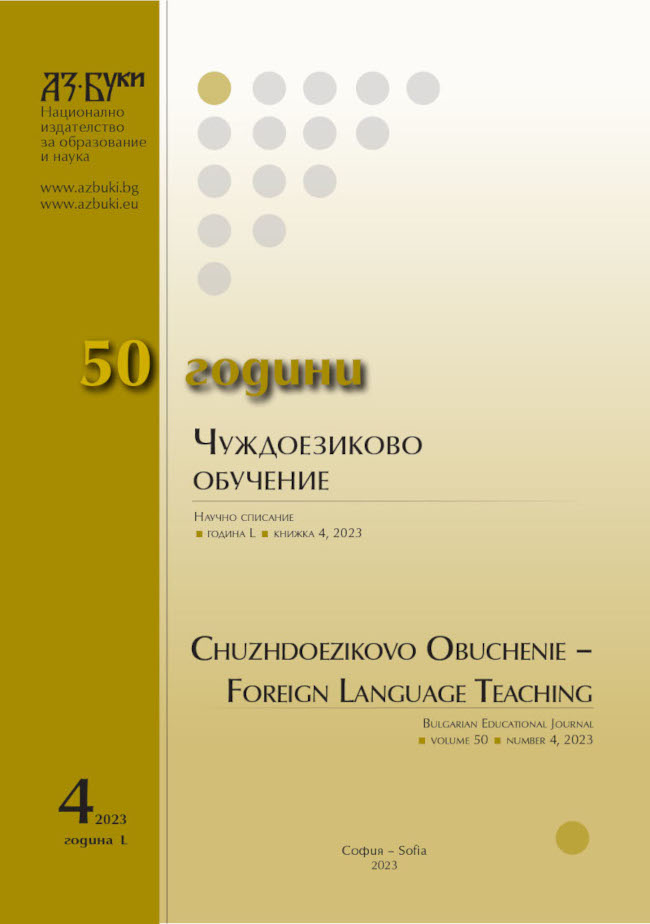Езикът и модернизмът (върху творби на Петко Тодоров)
Language and Modernism (on Works by Petko Todorov)
Author(s): Tsvetan RakyovskiSubject(s): Social Sciences, Language and Literature Studies, Literary Texts, Education, Anthology, Applied Linguistics, Cognitive linguistics, Vocational Education, Adult Education, State/Government and Education, Philology, Theory of Literature, Inclusive Education / Inclusion, Stylistics
Published by: Национално издателство за образование и наука „Аз-буки“
Keywords: modernism; problems of narrative; structural features of the language of literature
Summary/Abstract: The article analyses the language of Petko Todorov's idylls and dramas. In the opinion of early twentieth-century reviewers, these works are distinguished by an artificial language that in many places becomes incomprehensible. The reasons are rooted in two factors – deliberately archaic vocabulary and confused syntax. Petko Todorov uses a huge number of Turkish words, mistakenly believing that they will create a vernacular sound to the narrative or dramatic action. On the other hand, he reworks the structure of his sentences, and very often they end with a verb. These two strategies (to give way to archaic, obsolete words) and to slow down the action by aggravating the syntax, result in a blurring of meaning because the archaic words are no longer familiar to the rehearser, and because no one speaks like the characters of idylls and dramas like The Masons or The Marriage of Smay.
Journal: Чуждоезиково обучение
- Issue Year: 50/2023
- Issue No: 4
- Page Range: 385-393
- Page Count: 9
- Language: Bulgarian
- Content File-PDF

